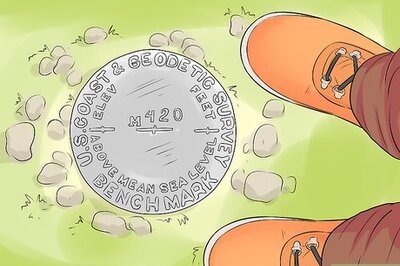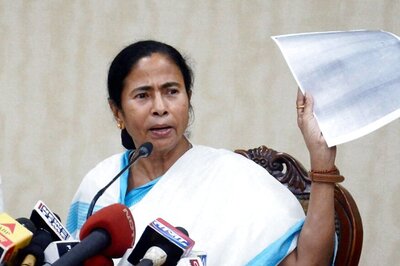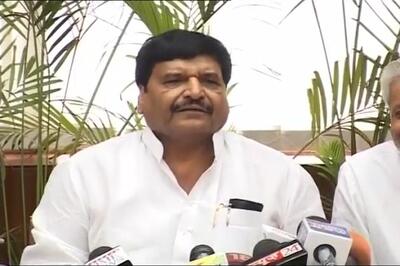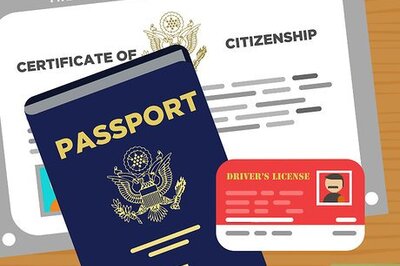
views
The first woman IPS officer to hold the post of director general of police in India, Kanchan Chaudhary Bhattacharya, breathed her last on Monday night, in Mumbai. Bhattacharya had an illustrious career in the Indian Police Services, from 1973 to 2007, and was awarded the President's Medal and Rajiv Gandhi Award for her extraordinary achievements. She was a role model for several young girls who grew up watching Doordarshan’s popular serial, Udaan (1989-1991), which was based on her life.
Bhattacharya was the second woman (after Kiran Bedi) to become an IPS officer and had set many records during her career. However, what made Bhattacharya an exceptional policewoman was her relentless efforts to fight against gender discrimination and her ability to empathise with the downtrodden and the marginalised, who often face harassment and unfairness at the hands of law enforcement officers.
When Bhattacharya was a young girl, her father, Madan Mohan Chaudhary, was beaten up brutally due to a property dispute. Her family tried to lodge a complaint at the police station, but the officers concerned refused to file an FIR and instead harassed the family.
Bhattacharya held on to the memory of the many ‘requests’ to politicians and several visits to the police station to get their complaint registered. During this period, she witnessed the acute apathy of the police personnel and the indifference of lawmakers, especially towards the downtrodden and economically backward members of society and decided to become an IPS officer, so that she can change the system from within.
A beautifully filmed scene from Udaan sums up her reasons for joining the police services where her character tells her onscreen father, "When I stood alone in the crowd, I realised the kind of difficulties an ordinary man like you face. Baba, I don't want you to be an ordinary man. I want both you and me to be special. I want to snatch respect for ourselves from everybody else. I am done queuing up, I am done pleading. I want to go back to those offices, but this time, I will be standing on the other side of the table and with respect."
She did go back to those offices — those police stations that had turned her family away, without listening to their requests — and that too as a DGP, but even then, her fights weren't easy. She was constantly patronised for being a woman and underestimated.
While speaking at a gathering in a journalism college, Bhattacharya had once revealed that her male superiors often tried to ‘protect her’ by never asking her to handle riots. It was she who insisted on taking up the job. She was afraid when she went out amid disturbances, she reveals, but she mustered the courage and restored law and order, as it was her job.
Even during her years of training, everyone expected that she would quit because she was the only woman in a sea of male trainees and comparatively physically weaker than most, but she kept at it and finally became an IPS officer. She never shied away from difficult situations and tried to tackle crimes against women in Uttarakhand as the DGP.
She was the one who fought for the rights of women home guards so that they are allowed to work at traffic points. A local goon had once laughed at her and called her a 'skinny little girl', but she didn’t hesitate to fire a bullet at him when the same goon was being chased by her team.
In an interview to rediff.com that Bhattacharya gave as a newly appointed DGP, she said, "I know what hardships the poor man undergoes while dealing with police. I keep at least three hours a day to meet such people. On an average, I see 50 of them, mostly women. Sometimes, I have to skip lunch to listen to their problems, trying to sort them out.”
Bhattacharya never followed the herd and strived to make her own path in life. In 2014, she even fought the Lok Sabha elections as an Aam Aadmi party (AAP) candidate, but was defeated. In her career, Bhattacharya led by example, erasing boundaries that were made to keep women out and striving to deliver justice to that section of society that is often overlooked.




















Comments
0 comment